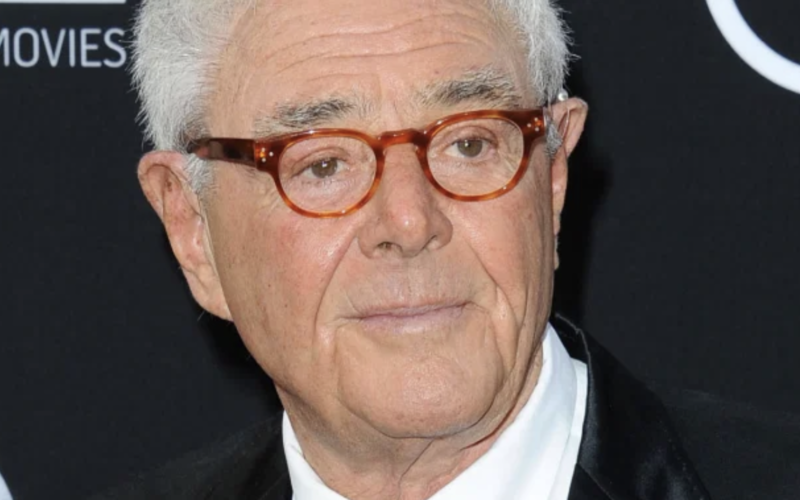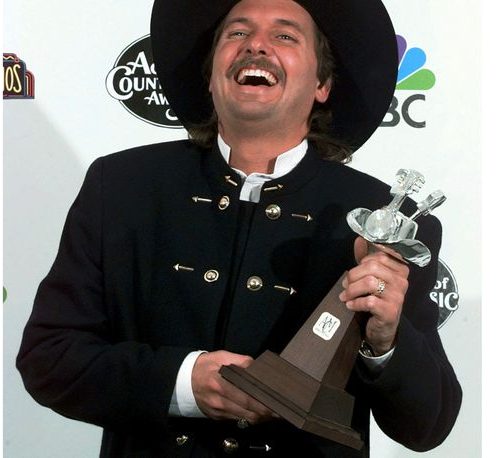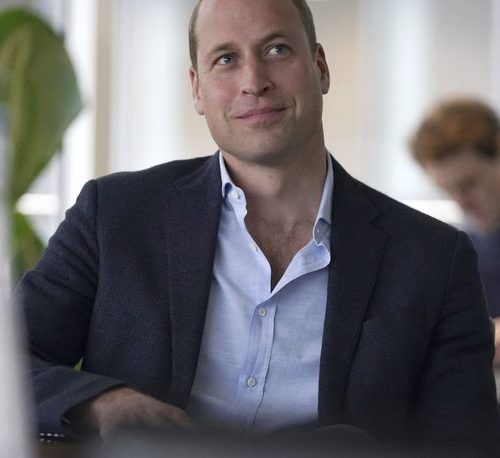BY MIKE BARNES | HollywoodReporter.Com
Troy Warren for CNT
His big-screen body of work also includes ‘Inside Moves,’ starring John Savage as a suicide survivor; the broad Richard Pryor-Jackie Gleason comedy ‘The Toy’; and ‘The Goonies.’
Richard Donner, the veteran television director who helmed the first Superman film starring Christopher Reeve and the four Lethal Weapon films in a spectacular transition to the big screen, died Monday, his assistant told The Hollywood Reporter. He was 91.
Donner’s career in features was jump-started with he got a hold of an early script for The Omen (1976), a $2 million film that grossed $60 million in the U.S. and spawned two sequels.
A former actor from New York, Donner got his start calling the shots when he convinced Steve McQueen that he was up to the task of directing a 1960 episode of the CBS Western Wanted: Dead or Alive.
Donner then famously helmed six episodes of CBS’ The Twilight Zone, all for the 1963-64 season. His first was the memorable “Nightmare at 20,000 Feet,” starring William Shatner as an airplane passenger who looks out a window and sees a creature on a wing.
Survivors include his wife, X-Men producer Lauren Shuler Donner. He tied the knot for the only time when he was 55 — shortly after Shuler had hired him to direct the Michelle Pfeiffer fantasy film Ladyhawke (1985). They later teamed for a highly successful production company behind such films as Deadpool.
For Superman (1978), producers Alexander and Ilya Salkind wanted to hire a big name like Robert Redford or Paul Newman to portray the Man of Steel, but Donner thought otherwise, saying he couldn’t “believe [those actors] in tights flying,” he recalled in a 2006 interview with the Archive of American Television. He wanted an unknown.
Persistent casting director Lynn Stalmaster brought Reeve, then a skinny theater actor, to his attention, and after a meeting at the Sherry Netherland Hotel in New York, Donner said he “knew instantly Reeve could play the role.”
The Salkinds decided to film Superman and a planned sequel back-to-back, a method they had employed on The Three Musketeers (1973) and The Four Musketeers (1974). But with costs mounting, scenes for the second film were halted so that Donner could focus on finishing the first movie.
Even though Superman turned out to be a huge hit (grossing $300 million worldwide) and Donner had shot about 75 percent of Superman II, the Salkinds fired him by telegram and replaced him with Richard Lester.
The Hard Day’s Night director scrapped most of Donner’s footage (Marlon Brando’s scenes were taken out because of cost concerns, and Gene Hackman refused to come back for additional filming) and started over. (A Donner director’s cut, darker than Lester’s more comic-book version, was released on DVD in 2006 by Warner Bros.)
Donner did go wire-to-wire with the Lethal Weapon franchise, directing all four of the films in the popular franchise that raked in $955 million worldwide.
“I had always wanted to do an action movie per se, but [the scripts he had seen were] always just gratuitous action with very little character,” he said in the TV Archive interview. “I always felt that if you don’t care about the people, you don’t care about the action.”
But when he read the script for the first Lethal Weapon (1987), he said, “Wow, this is really good; this Shane Black is a great writer.’ ”
Donner brought Mel Gibson and Danny Glover together for a reading, “and the rest of my life was changed for the next 10 years.”
He went on to direct two more films starring Gibson: Maverick (1994) and Conspiracy Theory(1997).
Donner’s big-screen body of work also includes Inside Moves (1980), starring John Savage as a suicide survivor; the broad Richard Pryor-Jackie Gleason comedy The Toy (1982); The Goonies(1985), the teen adventure based on a story by Steven Spielberg; the Bill Murray holiday classic Scrooged (1988); and his last film, 16 Blocks (2006), starring Bruce Willis as an alcoholic cop.
He was born Richard Donald Schwartzberg on April 24, 1930, in the Bronx and raised in Mount Vernon, New York. After studying business and theater arts in night school at NYU and enlisting in the U.S. Navy, he made the rounds off-Broadway, playing a succession of “five-line parts” in obscure plays.
He also did live TV at the time, performing for John Frankenheimer, Sidney Lumet, Arthur Penn and Martin Ritt, who offered Donner a job as an AD after the overmatched actor proved lousy at taking direction.
Donner eventually did commercials, industrial films and documentaries and started his own company. After Martin Ransohoff and John Calley of Filmways bought his outfit, he moved to California in 1958 to work on TV spots — including several spots with Lucille Ball — for them.
McQueen, then a headstrong youngster, did not want Donner on Wanted: Dead or Alive and gave him a hard time during shooting.
“I finally sat down with Steve and said, ‘Look, I’m going to quit because obviously you’re not happy with me,” Donner recalled in a 2001 interview. “He got very upset and said, ‘Nobody quits my show!’ So I said, ‘Well, Steve, you’ve got to give me a hand.’ He turned around, he was tremendous and we did the show, and I ended up doing about seven of them. That was my start. From there on in, it’s been a whirlwind.”
Donner went on to direct for such series as The Loretta Young Show, The Rifleman, Route 66, Have Gun — Will Travel, The Man From U.N.C.L.E., Get Smart, Gilligan’s Island, The Fugitive, The Banana Splits Adventure Hour, Kojak and Tales From the Crypt.
His direction of the powerful Sarah T. — Portrait of a Teenage Alcoholic, a 1975 NBC telefilm that starred Linda Blair, earned him acclaim.
When the director on X-15, a low-budget 1961 sci-fi thriller that featured Charles Bronson and Mary Tyler Moore, quit at the last minute, assistant director Donner jumped in and made his feature debut, completing the film in less than three weeks.
He did not direct another feature until Salt and Pepper (1968), starring Rat Packers Sammy Davis Jr. and Peter Lawford.
Later, Donner read a script for a film called The Antichrist, which had been at just about every studio in town and was going to be dropped by Warner Bros. The screenplay was full of “cloven hoofs and devil-gods and covens,” he recalled, over-the-top elements that he would eliminate if he had a chance to direct his version.
He convinced Alan Ladd Jr., then running Fox, to take on the film, which would of course become The Omen, starring Gregory Peck.
Executive producer Mace Neufeld did not want Donner, but Ladd insisted. “He brought it to me. He’ll direct it, or I won’t make it,’” Donner recalled Ladd saying. “And that was the start of my career again.”
Asked in the TV Archive interview what advice he would give to newcomers in the business, Donner replied: “Direct anything you can get your hands on, even if it’s traffic. Direct, direct, direct, direct, direct. Keep busy, keep honing your work, so when your opportunity comes, you’ll be ready.”
Duane Byrge contributed to this report.
In Other NEWS



































